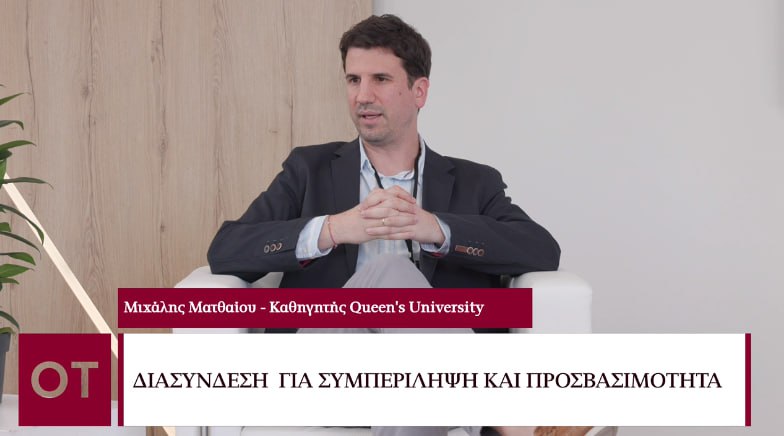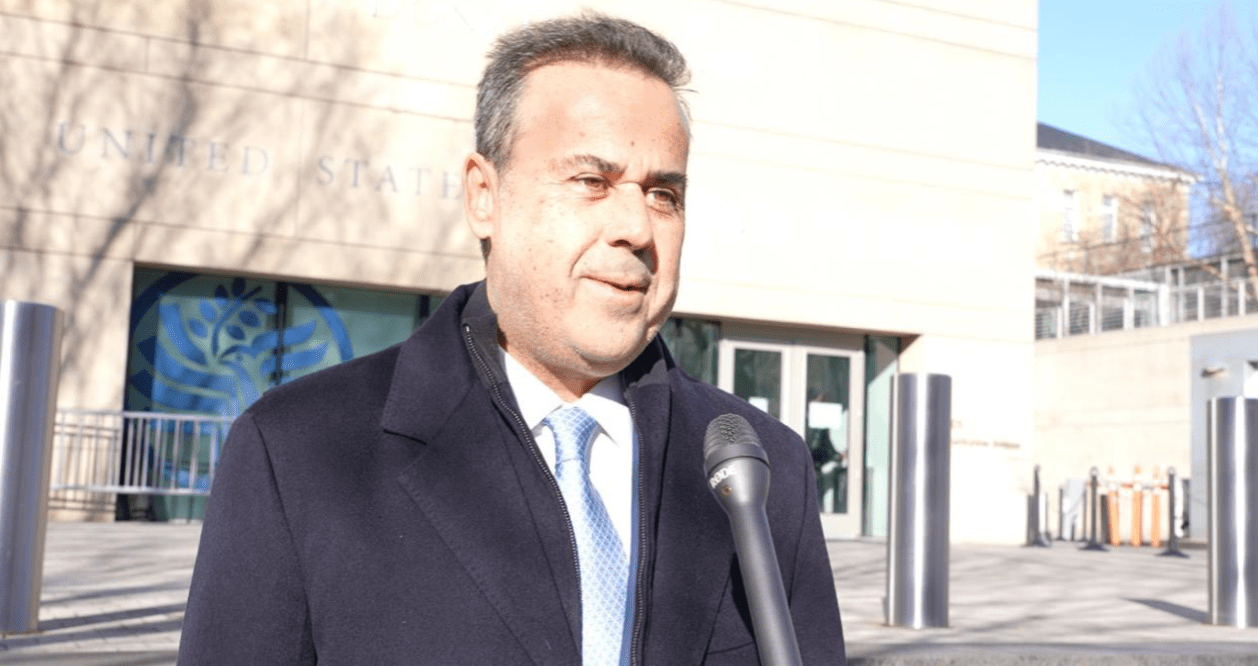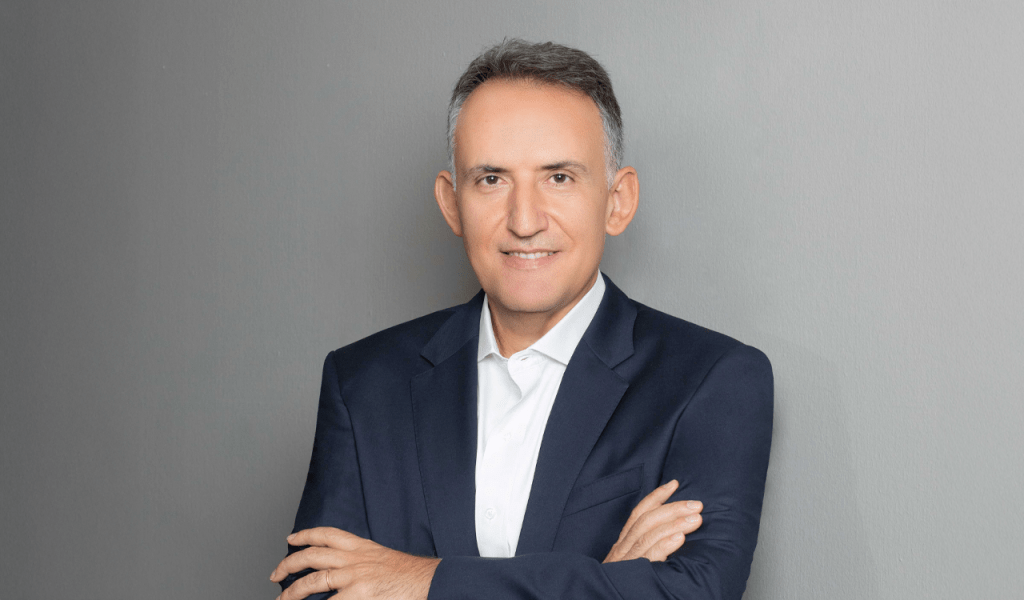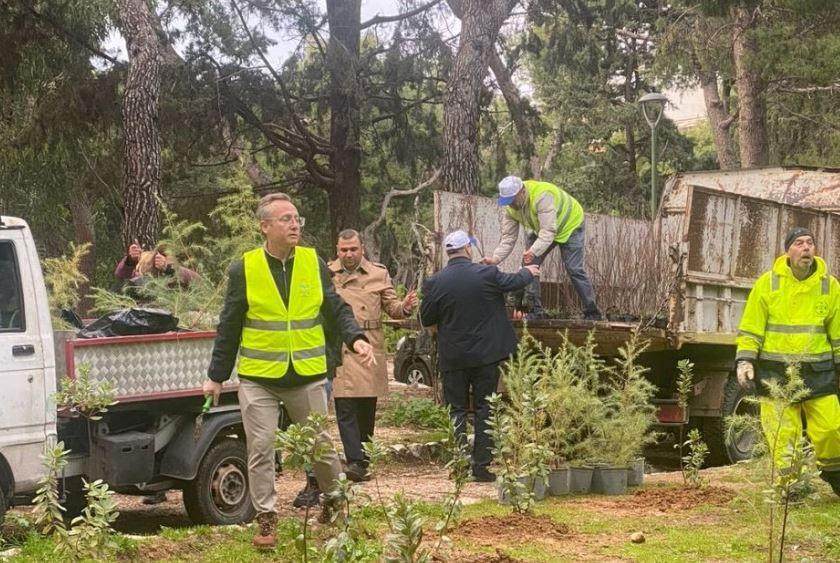The time for the entry of 6G into our lives is counting down, with Michalis Matthaiou, a professor at Queen’s University, listing the two innovations of the new technology.
Speaking at the OT panel, on the sidelines of the Beyond 2023 exhibition, Mr. Mathaiou initially mentioned that Britain went from being a protagonist to a follower of developments and especially in 5G it was left behind and is now trying to re-enter the race.”
As far as Greece is concerned, the Queen’s University professor emphasized that our country has made significant leaps in technological penetration, however “there is no synergy in the universities and it is difficult to turn theoretical research into practice, this is much easier in Britain”.
Referring to the networks, he noted that each generation has an incubation period of 10 years, “for 6G to come out in 2030 we must now start research, which requires strong financial tools and synergies, while there is intense competition”.
Regarding the differences between 5G and 6G, Mr. Matthaiou emphasized that there are two main innovations: “we will shift to higher frequencies, we will talk about much faster speeds. But the radio coverage is decreasing. And secondly we will have the invasion of artificial intelligence, which raises bioethical issues and should be discussed.”
“We will see super-smart cities, changes in transport, ships, telemedicine, a coupling of biological and digital worlds. We will be able to communicate remotely with holograms, while in 2030 the mobile phone will be considered obsolete. But we have to say that artificial intelligence needs control and we have to open the box for limits.”



![Beta Securities: Σε φάση επέκτασης οι ελληνικές τράπεζες – Τι σηματοδοτεί το 2026 [Πίνακες]](https://www.ot.gr/wp-content/uploads/2026/01/ot_banks_2025-1024x600-1-1-1-1.jpg)
![e-ΕΦΚΑ: Πώς θα παραμείνουν ασφαλιστικά «καλυμμένοι» οι αγρότες [πίνακας]](https://www.ot.gr/wp-content/uploads/2024/12/ot_agrotis_sitari.png)



































